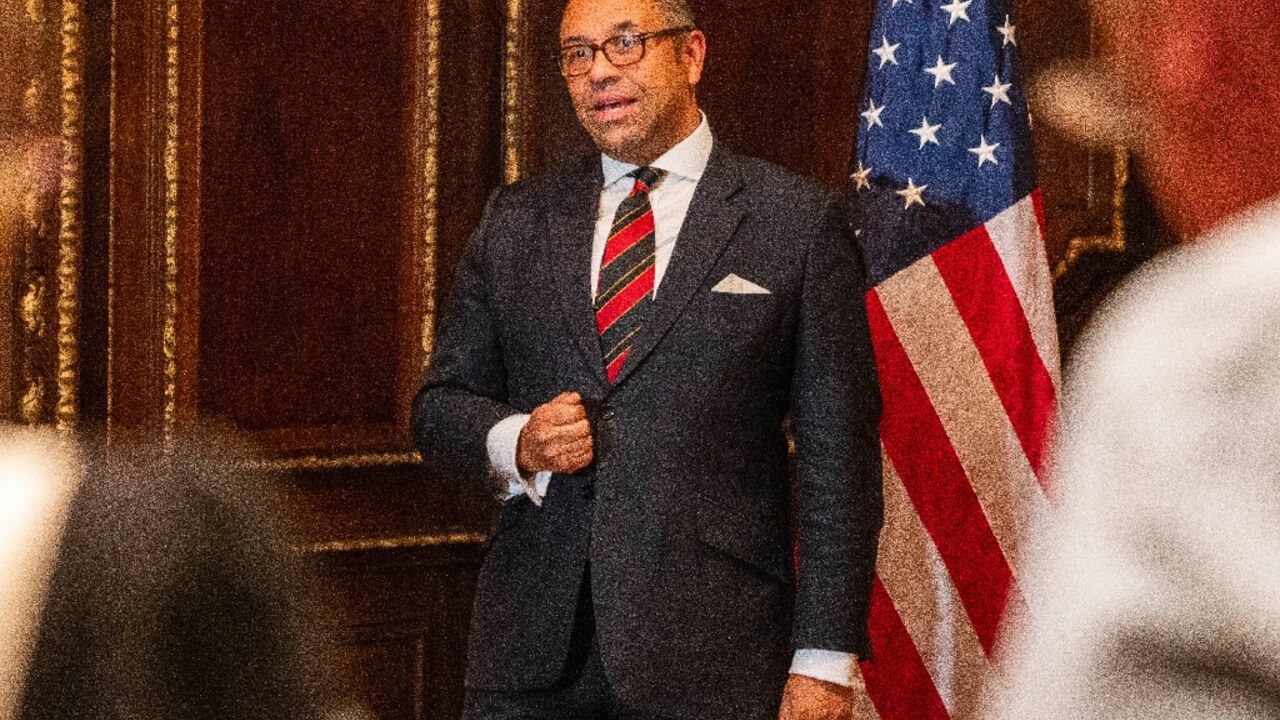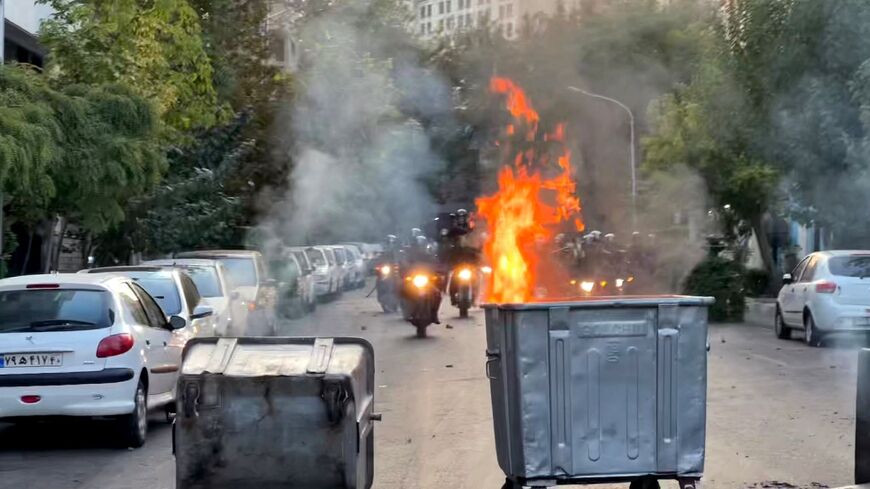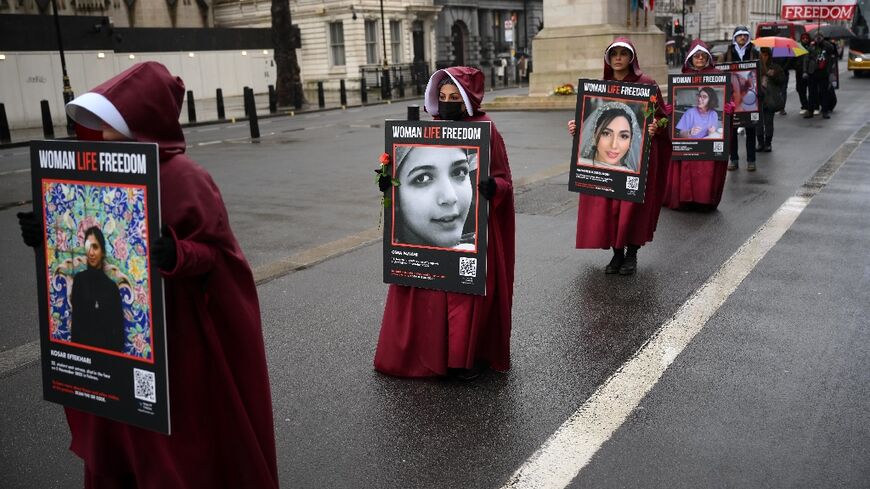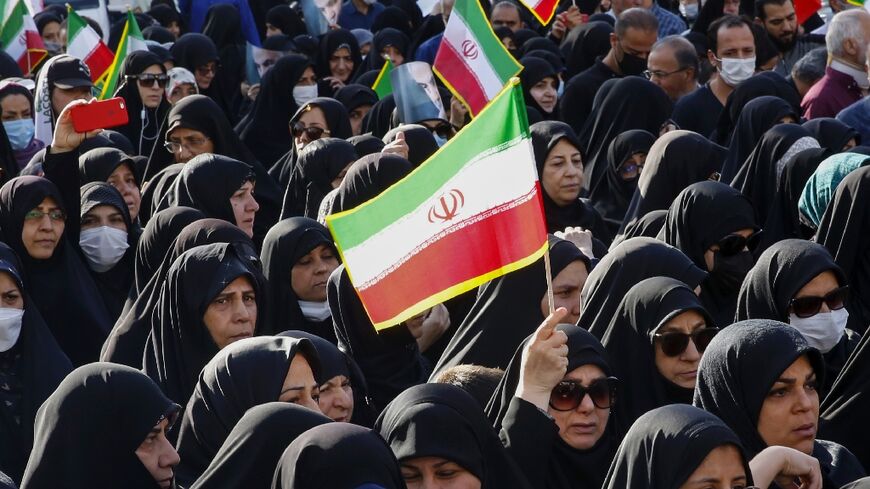Protests show 'another path' possible for Iran: UK foreign secretary to AFP

Britain's top diplomat called Wednesday on Iran's leadership to choose "another path" including embrace of a nuclear deal as protests grip the nation after the death of a young woman arrested by morality police.
"The Iranian leadership should notice that the people are unhappy with the direction that they have taken," Foreign Secretary James Cleverly told AFP at the United Nations.
"They could abandon their nuclear weapons aspirations. They could stop the repression of voices within their own country. They could stop their destabilizing activities," he said.
"A different path is possible. That is the path that we want Iran to take and that is the path that will see them with a stronger economy, a more happy society and a more active part in the international community."
Non-governmental groups say at least eight protesters have been killed in Iran in several days of unrest after the death of 22-year-old Mahsa Amini.
She died after being arrested by police responsible for enforcing the Islamic republic's strict dress code for women.
The unrest comes as Iranian President Ebrahim Raisi visits New York for the UN General Assembly, where Western leaders are pressing him to accept an EU-brokered revival of a 2015 nuclear deal.
But hopes have dimmed as Raisi presses for US President Joe Biden to offer guarantees that a successor will not abandon the pact, as former president Donald Trump did.
"Sadly, we have not seen the negotiations progress as quickly as we would have hoped. They have stalled," Cleverly said.
"It is in the Iranians' hands now. A very sensible, pragmatic offer is on the table. The Iranians should take the opportunity to move in a better direction," he said.
The Biden administration supports a US return to the deal, in which Iran stands to enjoy sanctions relief in return for strict limits on its nuclear program, but says that it cannot guarantee what a future president would do.




